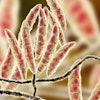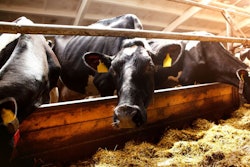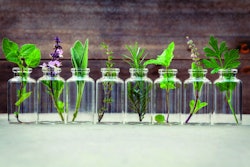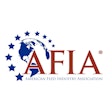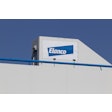Goal is to gain insight into differences between animals and rations
Measurements at practice farm
The methane emissions will be determined with the aid of so-called GreenFeeds, whereby the measuring equipment is built into a feed concentrate station. This equipment analyses the breath’s composition each time a cow visits the feed concentrate station. For frequent visits, this provides a reliable measurement of methane production. The GreenFeeds will be installed on one of the CRV feed efficiency practice farms in the Netherlands. CRV is already collecting data here, for example about the feed intake of individual cows. With this, the connection can be made between feed intake and methane emission.
A one-percent reduction in methane emission each year
‘This project will generate a great deal of knowledge about the differences in methane production between cows and the reasons for these differences,’ says Maarten Moleman, Lead Innovator at CRV. ‘The differences between animals are largely determined genetically. We combine the data we collect on the basis of these measurements with data from other projects and then use this for developing (genomic) breeding values. These values are then integrated into our breeding program. This enables dairy farmers to breed a herd with lower methane emissions,” he explains.
CRV expects that on the basis of genetic progress, methane production per cow can be reduced by up to one percent per year. “This way CRV can make an important contribution to further reducing the CO2 footprint of milk production,” says Global Director Genetics Sander de Roos.
Balanced Nutrition at the cow level
‘Agrifirm aims to feed every cow according to needs for generating maximum health and minimum environmental impact,’ says Johan de Schepper, CIO of Royal Agrifirm Group. ‘Methane emissions can be reduced by adjusting the ration and adding additives. Furthermore, we believe there are good opportunities for balancing the nutrition of individual animals so as to make a further reduction in methane emission possible. This project will teach us how to use the genetic differences among cows to enable us to feed individual animals even better according to need,’ says De Schepper.
Part of strategic partnership
The methane project is part of the strategic partnership between Agrifirm and CRV. The cooperatives work together in developing new solutions. This enables member dairy and beef cattle farmers to improve their farming practices and make them sustainable.

